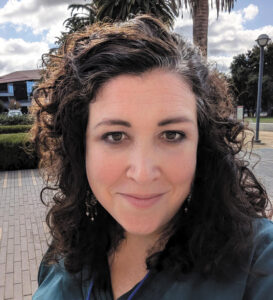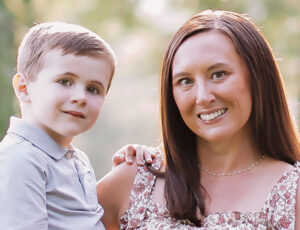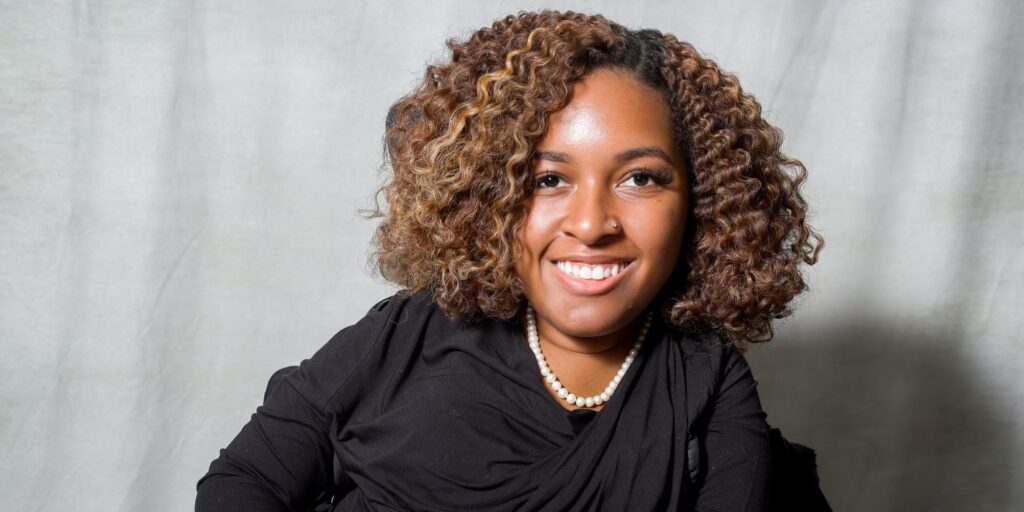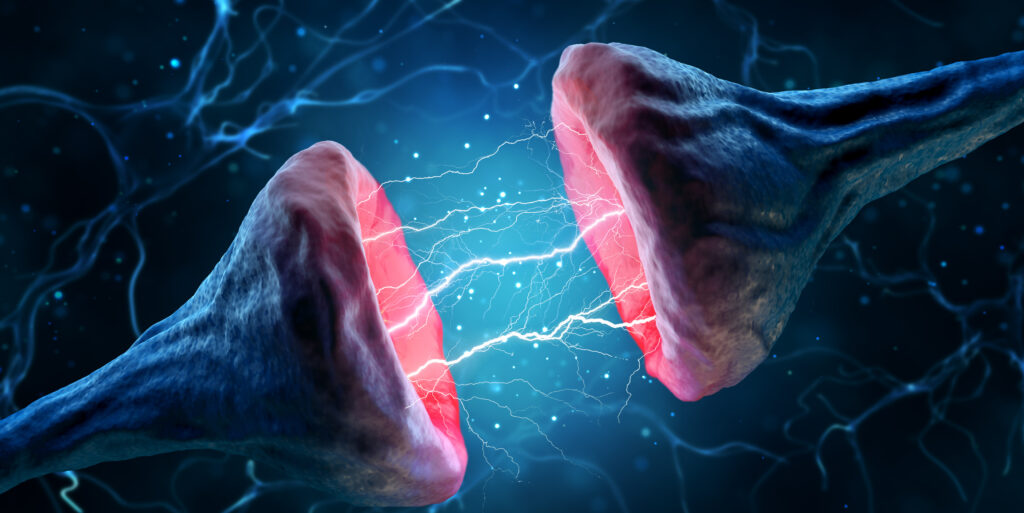![iStock-510000126 [Converted] iStock-510000126 [Converted]](https://mdaquest.org/wp-content/uploads/2025/05/LOOK-Hero-iStock-510000126jpg-e1748007164556-1024x512.jpg)
Navigating Life with MDA Community Education Programs
By Amy Bernstein | Friday, May 23, 2025
The neuromuscular community encompasses a wide array of experiences. No two disease journeys are the same. But on any journey, there are points where a guide is essential.

Marissa Lozano is MDA’s Director of Community Education.
MDA’s Community Education program strives to be that guide for individuals and families, providing information directly from experts, opportunities to connect with others in the community, and practical tools and resources for daily living.
“Community Education will always be a staple of MDA because it embodies MDA’s mission, which is to support the independence of those we serve,” says Marissa Lozano, MDA’s Director of Community Education. “That’s exactly what our programs and print materials do ― give people tools and resources to help them feel empowered.”
Serving our community
While education has always been a component of MDA, it has evolved over the years.
“Technology advancements have allowed us to reach a bigger group of people and meet them consistently with topics that are relevant to them,” Marissa says. “The purpose of our programming is to provide people with support right from the point of getting a diagnosis and throughout all the points in their journey.”
MDA Community Education uses different platforms to serve the community where they are. For example, if you want a learning experience from the comfort of your home, join a live Next Steps Seminar or Virtual Learning webinar. If you want to explore a topic at your own pace, take an online Access Workshop. If you want information about a disease to keep on file and share with family and caregivers, download Print-Ready Educational Materials. If you want to meet others in the neuromuscular community and learn in person, attend an Engage Symposium.
Across platforms, MDA’s programs are designed to help community members overcome barriers and make informed decisions about their care.
Teamwork
Each member of MDA’s Community Education team has a background in education, social work, or patient advocacy, and some have personal connections to the neuromuscular community.
Jessica Hubbard, a Community Education Manager at MDA, is a former elementary school teacher and parent of a son with Duchenne muscular dystrophy (DMD). She enjoys using her skills and experience to help others in the community.

Jessica Hubbard is a Community Education Manager at MDA.
“As a parent, I see how helpful our resources are,” Jessica says. “I’m passionate about our Next Steps Seminars because I’ve been in those shoes of receiving a diagnosis and not knowing what to do next.”
Jessica has heard from other parents that these programs make an impact by giving them information that helps them in their lives and connecting them with other people going through similar experiences. “The human side of things — that is the most important part of what we do,” she says.
Community Education programs
All Community Education programs are offered at no cost to the community.
2025 MDA Engage Symposium
This in-person event will be held Nov. 14-15 in Dallas. It is a half-day program with sessions led by experts in the neuromuscular field. Attendees will have the opportunity to connect with other individuals and families impacted by neuromuscular disease and explore exhibitor booths to learn about resources. MDA offers travel support to ensure travel is not a financial barrier to attendance. Learn more about MDA Engage Symposiums.
Access Workshops
These engaging online learning modules focus on increasing health literacy, empowerment, and self-advocacy to overcome barriers to treatment, education, employment, insurance coverage, and more. Participants can move through the workshops at their own pace. Learn more about Access Workshops.
Mentorship Programs
This program connects youth to mentors in various career fields while providing hands-on learning in a supportive environment, so they can discover their strengths and interests. The five-week virtual program is open to teens and young adults with neuromuscular diseases ages 14-21. Learn more about Mentorship Programs.
Next Steps Seminars
These live virtual seminars focus on navigating major life transitions, such as receiving a new diagnosis or moving into adulthood. Seminars are interactive, offer a small-group environment, and provide each learner with useful materials to supplement learning. Learn more about Next Steps Seminars.
Print-Ready Educational Materials
These expert-reviewed materials include disease fact sheets, care guideline overviews, planning worksheets, teacher guides, and more. Many are available in Spanish. New materials are always being added, so check back periodically. Read and download Print-Ready Educational Materials.
Virtual Learning Programs
These webinars provide in-depth information from subject matter experts on specific diseases and topics related to daily living, social-emotional well-being, caregiving, and more. Each program is recorded and available for on-demand viewing a few weeks after the live session. Find upcoming and recorded Virtual Learning Programs.
Amy Bernstein is an editor and writer for Quest Media.
By the Numbers
MDA Community Education in 2024:
5,800+ registrations
60+ presenters
28 virtual programs
25+ MDA Care Centers represented
6 new Print-Ready Education Materials
4 MDA Engage Symposiums
2 new Access Workshops
Next Steps and Useful Resources
- Check back often for the latest Community Education resources, programs, and events.
- MDA’s Resource Center provides support, guidance, and resources for patients and families. Contact the MDA Resource Center at 1-833-ASK-MDA1 or ResourceCenter@mdausa.org.
- Stay up-to-date on Quest content! Subscribe to Quest Magazine and Newsletter.
Disclaimer: No content on this site should ever be used as a substitute for direct medical advice from your doctor or other qualified clinician.




